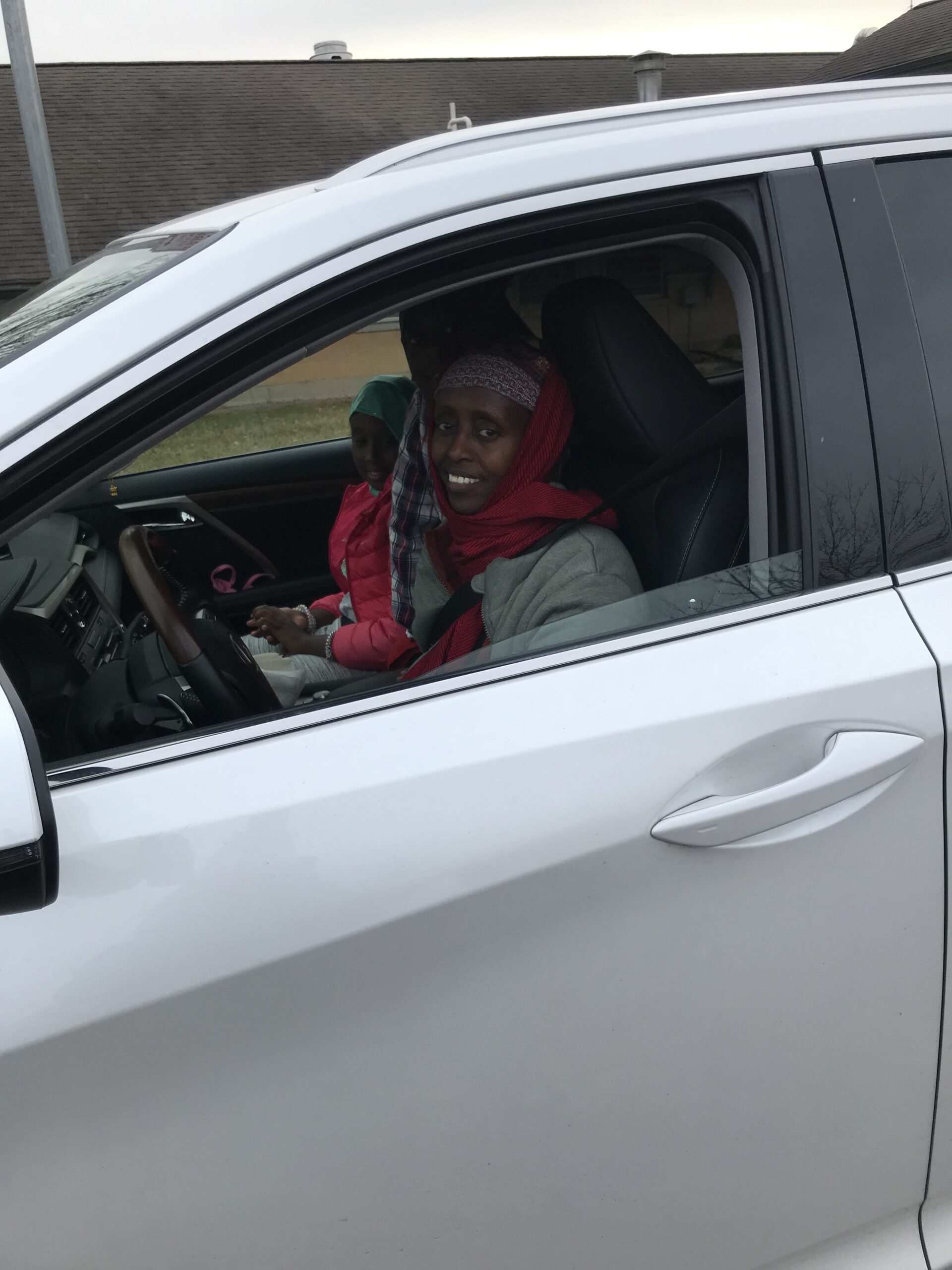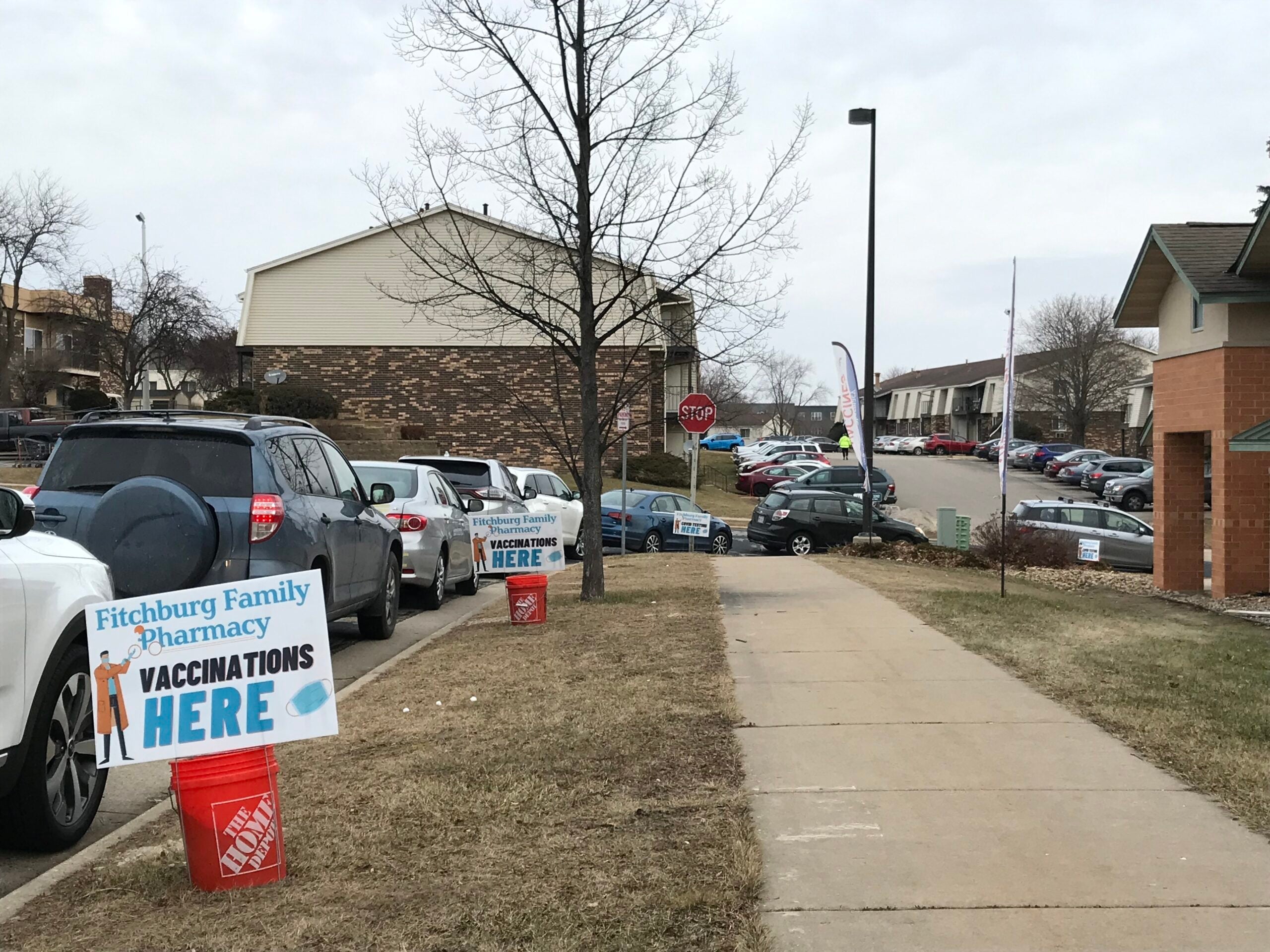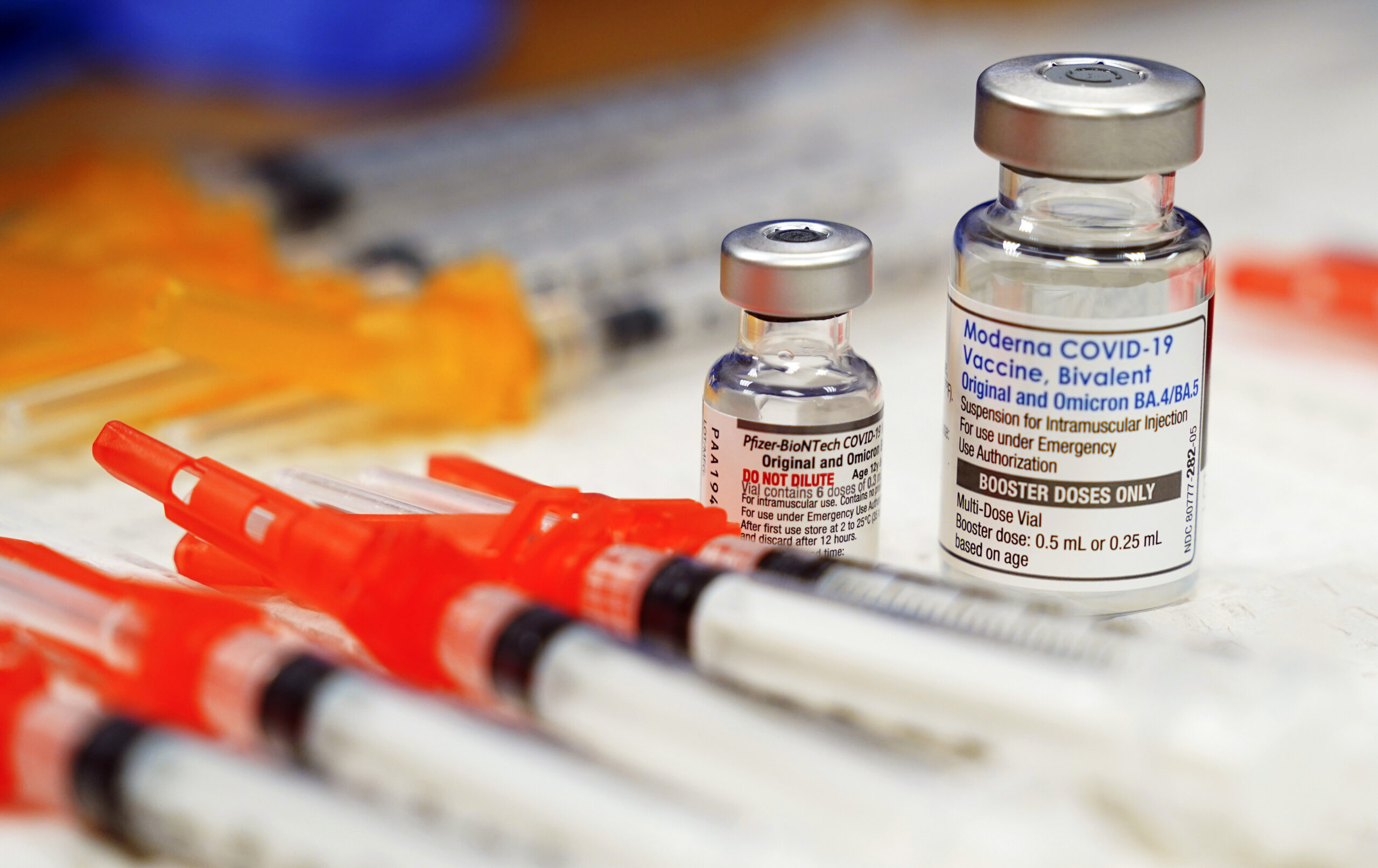This holiday, many people are preparing to travel or host friends and family they might not have seen last year when COVID-19 vaccines weren’t available. The mad holiday dash to shop, cook and clean also includes getting tested.
On Tuesday, Dane County health officials announced nearly 150 cases of the highly contagious omicron variant, up from only three cases last week. The most recent tally includes cases on campus, according to the Office of the Chancellor at University of Wisconsin-Madison, which emailed students and staff about new guidance for COVID-19 testing.
State health officials say there’s been increased demand for COVID-19 testing at community sites recently. Meanwhile, the federal government announced a plan Tuesday to get rapid tests delivered by mail to people who want them starting next month.
News with a little more humanity
WPR’s “Wisconsin Today” newsletter keeps you connected to the state you love without feeling overwhelmed. No paywall. No agenda. No corporate filter.
Across the country and in Wisconsin, rapid at-home tests have been hard to find for months. This fall, some pharmacy chains like Walgreens were limiting how many testing kits customers could buy at one time.
Fitchburg Family Pharmacy sells rapid antigen tests “when we can get our hands on them,” said owner Thad Schumacher. The pharmacy also offers curbside PCR tests, which give results in two to three days. On Monday, the pharmacy administered a record 450 such tests, he said.
On Tuesday, cars snaked in a long line around the pharmacy, which is providing testing seven days a week through Jan. 9 to accommodate demand.

“I tried everyplace else — all the local Walgreens and CVSes — and nobody could get us in,” said Toni Barghout, who arrived at Fitchburg Family Pharmacy before it opened. Her 5-year-old daughter had flu-like symptoms, and she wanted to know if it was COVID-19 because older relatives were coming over.
“They’ve all been vaccinated, but this is such a crazy virus. You want to make sure everyone is as healthy as they can be,” said Barghout.
Also in line was Shamso Hashi, of Fitchburg, who was planning on flying to Kenya to visit family. She wanted a test for herself and her two children, ages 10 and 8, “so that everybody can be safe,” she said.
Schumacher said testing can help keep the COVID-19 virus at bay, but “the number one thing people can do is get vaccinated.”
Both Barghout and Hashi said they were fully vaccinated, but their children haven’t been yet.
On Monday, the Wisconsin Department of Health Services issued a public health advisory as new infections continued to climb and were anticipated to increase because of omicron.
Wisconsin Public Radio, © Copyright 2025, Board of Regents of the University of Wisconsin System and Wisconsin Educational Communications Board.







